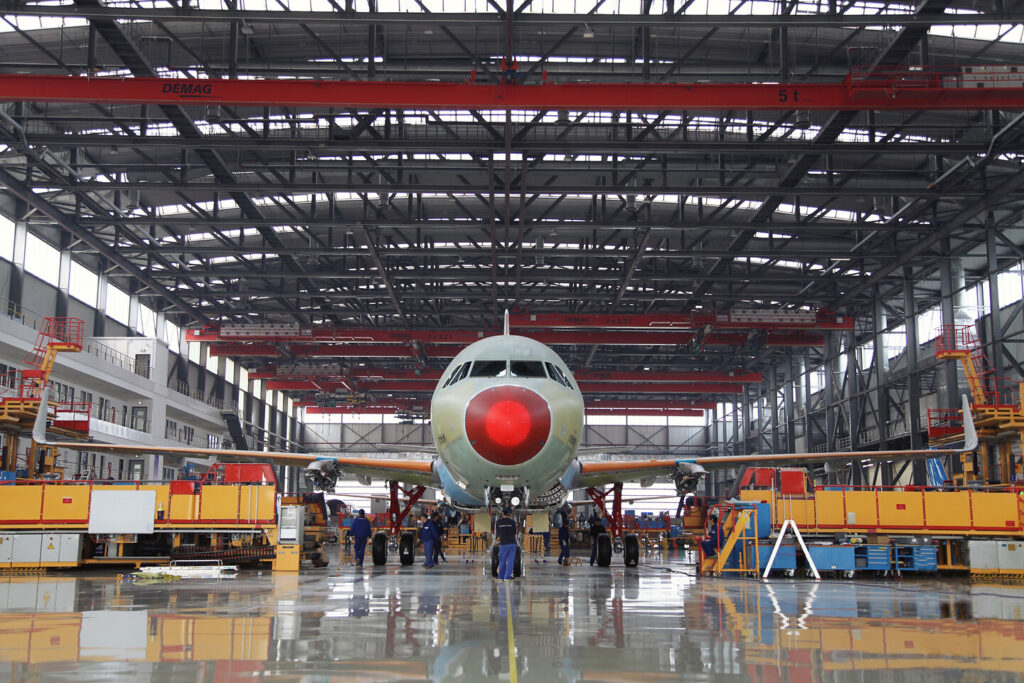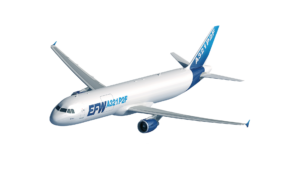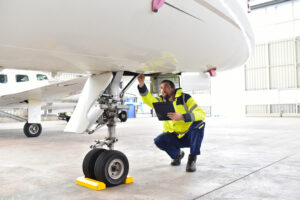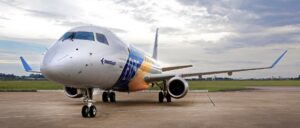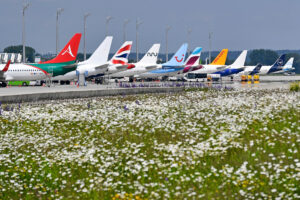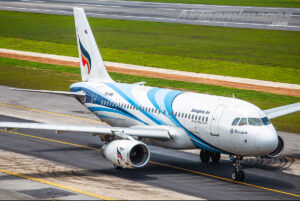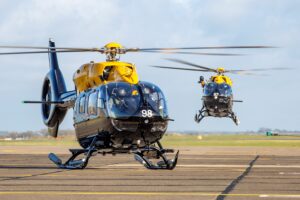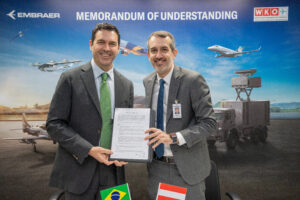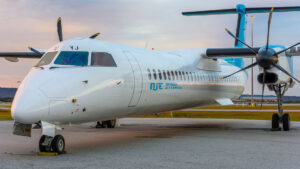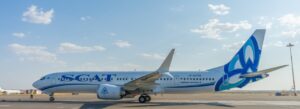During the current state visit of France’s President Emmanuel Macron, Airbus CEO Guillaume Faury, the Tianjin Free Trade Zone Investment Company, and Aviation Industry Corporation of China, have signed an agreement to expand A320 Family final assembly capacity with a second line at its Tianjin site.
This is in line with Airbus’ current target of producing 75 aircraft per month by 2026 throughout its global production network. Airbus currently has four A320 family final assembly sites worldwide: Hamburg (Germany), Toulouse (France), Mobile (USA) and Tianjin (China). The Tianjin Final Assembly Line (FAL Asia) became operational in 2008 and has produced in excess of 600 A320-family aircraft to date. In March 2023 the first A321neo aircraft was delivered from the line, which marked a new era of enhanced A320-family production versatility.
In addition, Airbus also signed General Terms of Agreement (GTA) with the China Aviation Supplies Holding Company (CAS) which covers the acquisition of 160 Airbus commercial aircraft. The GTA comprises earlier announcements for 150 A320-family aircraft and for 10 A350-900 wide-body aircraft orders, representative of the buoyant demand in all market segments by Chinese carriers.
Over the coming 20 years, China’s air traffic is expected to increase at 5.3% annually, appreciably faster than the world average of 3.6%. This will lead to a demand for 8,420 passenger and freighter aircraft between now and 2041, representing more than 20 percent of the world’s total demand for around 39,500 new aircraft in the next 20 years.
In line with its sustainability strategy, Airbus and the China National Aviation Fuel Group (CNAF) also signed a Memorandum of Understanding (MoU) to intensify Chinese-European cooperation on the production, competitive application and common standards formulation for sustainable aviation fuels (SAF). Earlier in September 2022, Airbus and CNAF contracted to support commercial and delivery flights in China to be operated with SAF. By the end of March, 17 delivery flights and a first commercial flight were facilitated by the two partners. This new cooperation agreement aims at optimising the SAF supply chain by diversifying the sources and enhancing SAF production towards the ambition of using 10% SAF by 2030.

